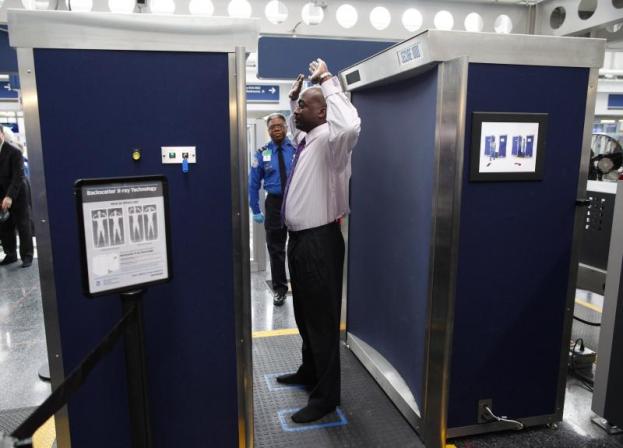
Detailed recently by USA Today, the Transportation Security Administration made an official announcement on Friday that the organization will be removing all full-body scanning machines produced by Rapiscan Systems from airports around the United States. The decision to replace the hardware was made after representatives of Rapiscan Systems informed the TSA that the company wouldn’t be able to update the software on the backscatter scanners by a deadline of June 1, 2013. Conceptually, the software update would show potentially dangerous items on an illustration of a body rather than a mostly nude picture of a passenger moving through the security line.

Regarding the upgrade deadline, privacy advocates actively campaigned against the use of the scanners and Congress acted accordingly. Government officials ordered that the software used by the machines had to be upgraded by mid-2013 or the TSA simply had to remove the hardware from airports.
After the TSA cancelled the contract with Rapiscan Systems, the organization will have to remove 174 backscatter scanners from thirty airports located in places like Fort Lauderdale, Phoenix, Pittsburgh, San Diego and Seattle. In addition, the TSA is already holding 76 machines in storage. At a cost of $180,000 per machine, those 250 full-body scanners cost the TSA approximately $45 million. However, the TSA can avoid paying an additional $45 million for the remaining 250 scanners that Rapiscan Systems was producing to fill an entire order of 500 machines.
According to TSA spokesman David Castelveter, the backscatter machines will likely be replaced with traditional metal detectors in the thirty airports. However, the TSA also owns 669 millimeter-wave machines and will be moving some of those machines to those airports. Millimeter-wave machines have been praised for using radio waves to scan a body compared to radiation utilized by a backscatter scanner. In addition, the machines use a cartoon image to point out any areas of concern on a passenger’s body.


